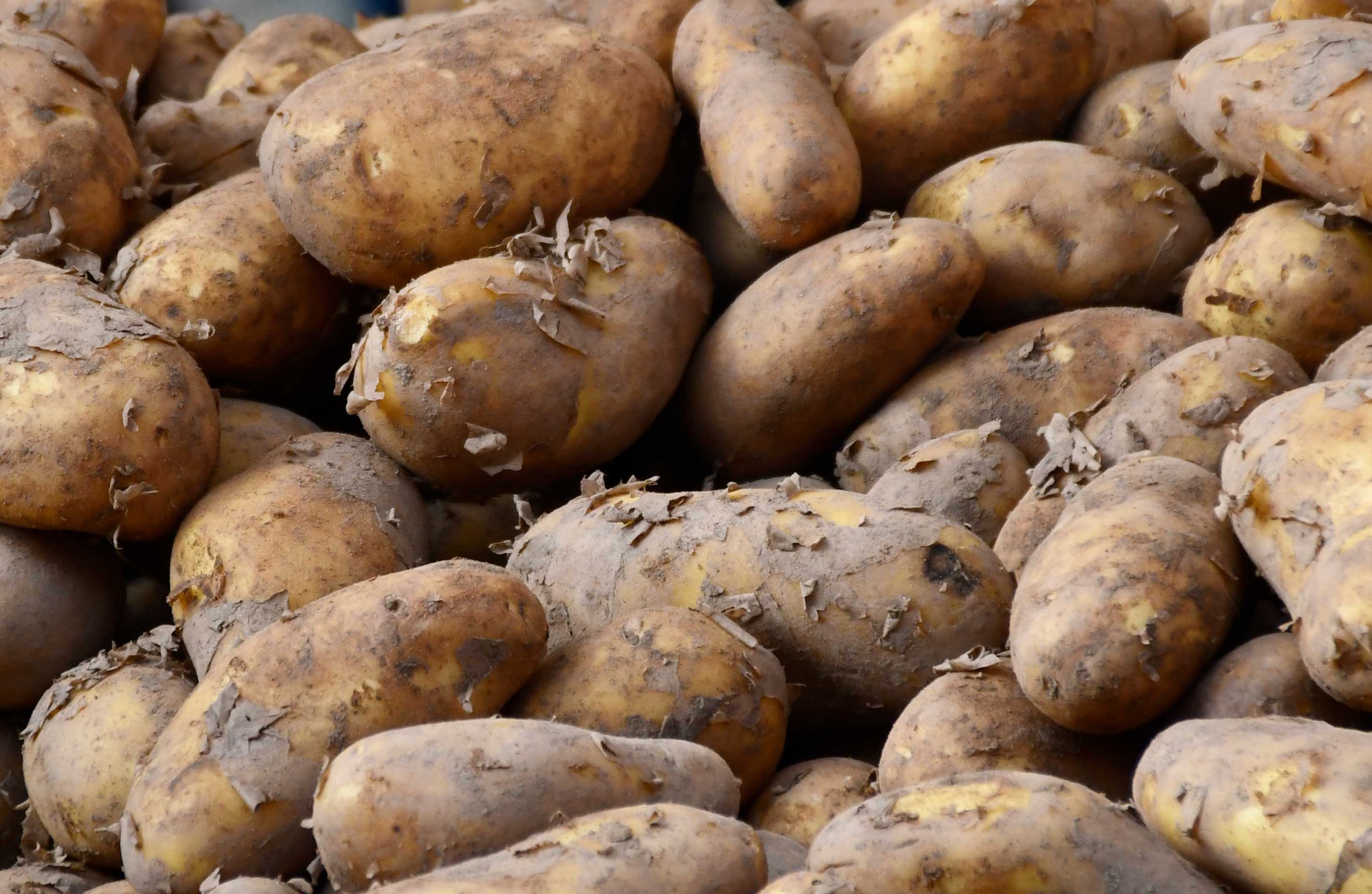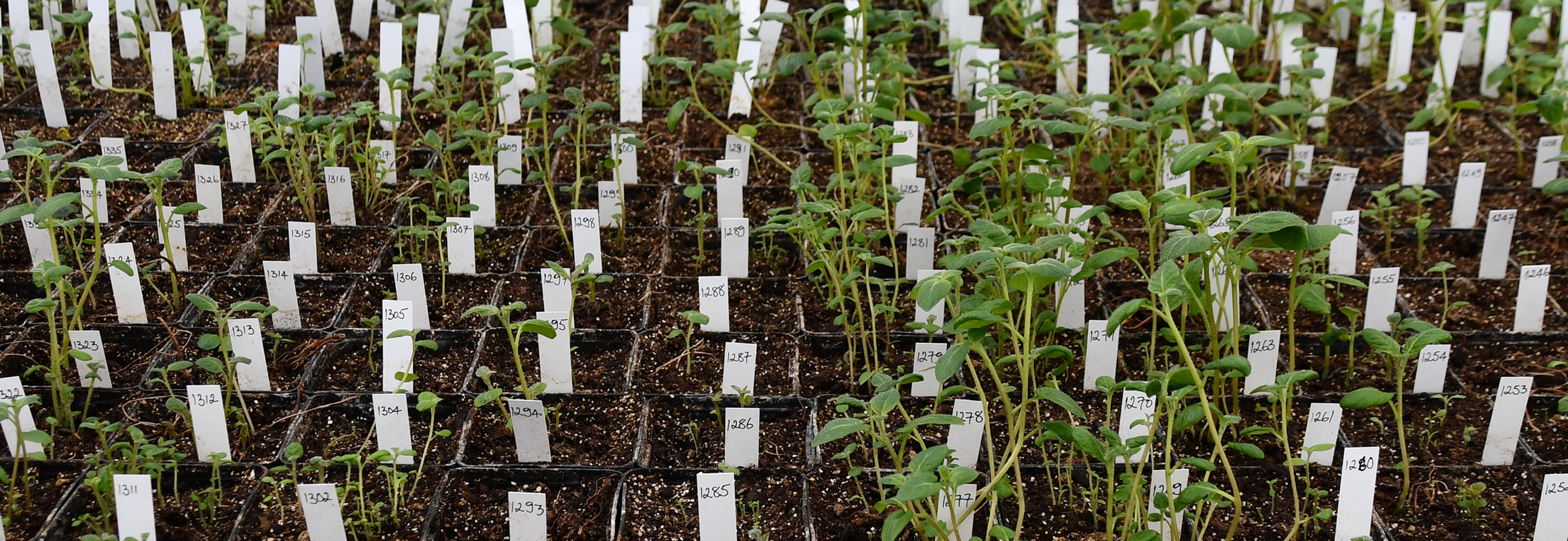In addition to starch and other ingredients, potatoes contain significant amounts of high-quality protein. However, the use of this protein is hampered by the presence of glycoalkaloids (GAs), which are also harmful to health.
Partners
- Julius Kühn-Institut (JKI)
- EUROPLANT Innovation GmbH & Co. KG
Reducing the glycoalkaloids in potatoes would make it possible to utilize the protein fraction from starch production or potato waste. This would greatly expand the value chain for the processing industry. For the consumer, potatoes and potato products would become more nutritious and waste-free, as the glycoalkaloid-containing parts, especially the peel, could now be consumed.
However, glycoalkaloids play an important role in plant defense against pests and pathogens. Their absence would therefore have to be compensated by appropriate crop protection measures. However, in the interest of an environmentally friendly and resource-conserving bioeconomic approach, synthetic plant protection products should be avoided. An economically and ecologically viable alternative would be to breed other plant defense substances to protect the plant and ensure yield and quality.
 Fraunhofer Institute for Molecular Biology and Applied Ecology IME
Fraunhofer Institute for Molecular Biology and Applied Ecology IME
